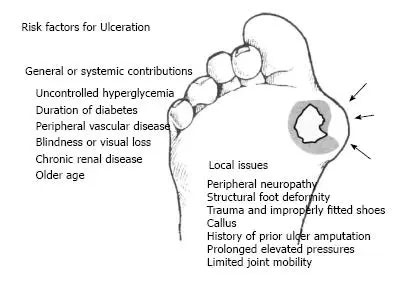Diabetic Profile
Comprehensive Health Screening for Diabetes
Diabetes is a chronic condition that affects millions of people worldwide, often leading to serious complications if left unmanaged. Regular health check-ups play a crucial role in monitoring and managing diabetes effectively. A Diabetic Profile is a comprehensive set of tests designed to assess blood sugar levels, kidney function, liver enzymes, cholesterol levels, and heart health. These tests help in the early detection of diabetes-related complications, ensuring timely intervention and better management of the disease.

Key Tests in a Diabetic Profile
Fasting Blood Sugar (FBS)
Fasting Blood Sugar measures the glucose level in your blood after an overnight fast of at least 8 hours. A normal fasting blood sugar level is typically between 70-99 mg/dL. Higher values may indicate diabetes or prediabetes, necessitating further evaluation and lifestyle modifications.
Postprandial Blood Sugar (PPBS)
Postprandial Blood Sugar (PPBS) is measured two hours after consuming a meal. It assesses how efficiently your body processes glucose. A PPBS level above 140 mg/dL could indicate diabetes, signaling the need for better glucose regulation through diet, exercise, or medication.
Blood Urea
Blood urea measures the amount of nitrogen in the blood from the waste product urea. High levels can indicate kidney dysfunction, which is a common complication of diabetes. Normal blood urea levels range from 7-20 mg/dL, and abnormal results may require further kidney function tests.
Serum Creatinine
Serum creatinine evaluates kidney function by measuring the waste product creatinine in the blood. Elevated levels can suggest kidney impairment, a condition frequently seen in diabetic patients. The normal range for serum creatinine is 0.6-1.3 mg/dL.
AST/SGOT (Aspartate Aminotransferase)
AST or SGOT is an enzyme found in the liver and heart. Elevated levels may indicate liver damage, which can be caused by diabetes-related conditions like fatty liver disease. The normal range for AST is 10-40 U/L.
ALT/SGPT (Alanine Aminotransferase)
ALT or SGPT is another enzyme primarily found in the liver. High levels suggest liver dysfunction, which is more common in diabetic patients due to metabolic changes. The normal ALT range is 7-56 U/L.
Lipid Profile
A lipid profile assesses cholesterol and triglyceride levels, which are crucial in managing heart health in diabetic individuals. It includes:
- Total Cholesterol: Normal range <200 mg/dL
- LDL (Bad Cholesterol): Optimal <100 mg/dL
- HDL (Good Cholesterol): Normal >40 mg/dL (men), >50 mg/dL (women)
- Triglycerides: Normal <150 mg/dL
HbA1c (Glycated Hemoglobin)
HbA1c provides an average blood sugar level over the past 2-3 months. It is a key indicator of long-term glucose control. An HbA1c level of <5.7% is normal, 5.7%-6.4% indicates prediabetes, and ≥6.5% suggests diabetes.
Urine Microalbumin
This test detects small amounts of protein (albumin) in urine, an early sign of kidney disease in diabetic patients. A normal value is typically <30 mg/g. Increased levels indicate kidney damage, requiring prompt medical attention.
Electrocardiogram (ECG)
Diabetes increases the risk of heart disease. An ECG helps assess heart function by recording electrical activity and detecting abnormalities like arrhythmias or signs of heart strain.
Why is a Diabetic Profile Important?
- Early detection of diabetes and complications
- Effective monitoring of glucose levels and organ function
- Personalized treatment plans for better diabetes management
- Prevention of serious complications such as heart disease, kidney failure, and nerve damage
Regular diabetic screenings can help in timely interventions, reducing the risk of severe health complications. Prioritize your health with routine diabetic check-ups and maintain a balanced lifestyle for optimal well-being.